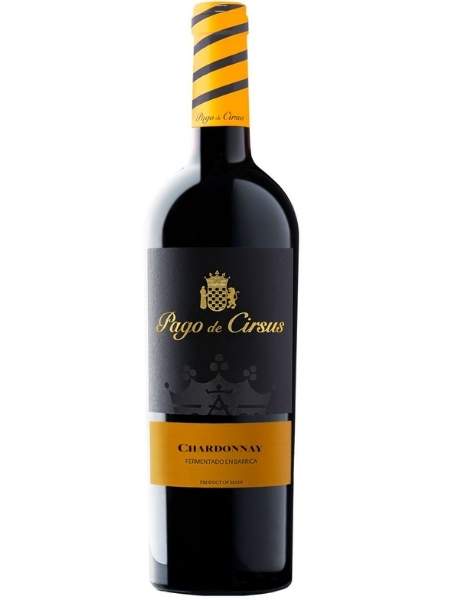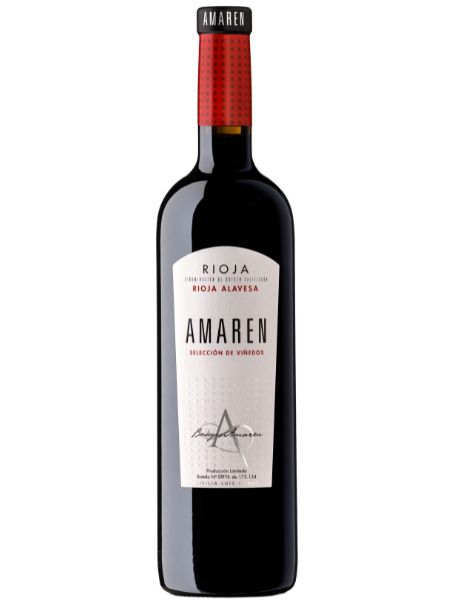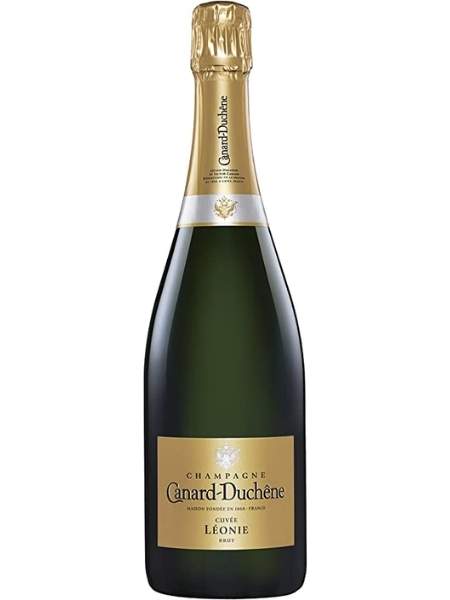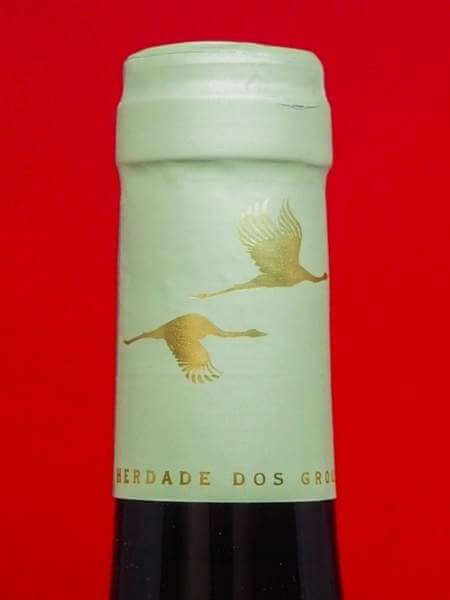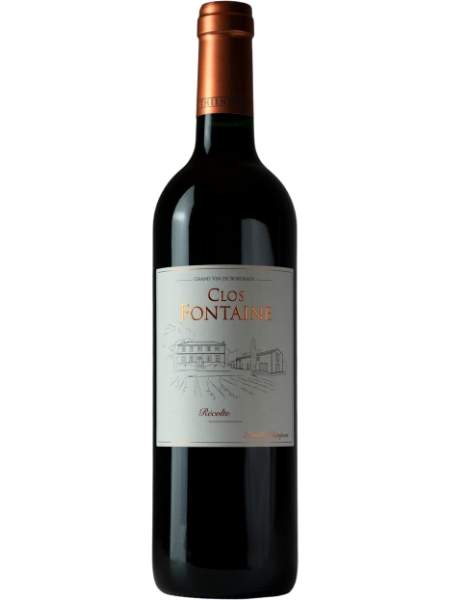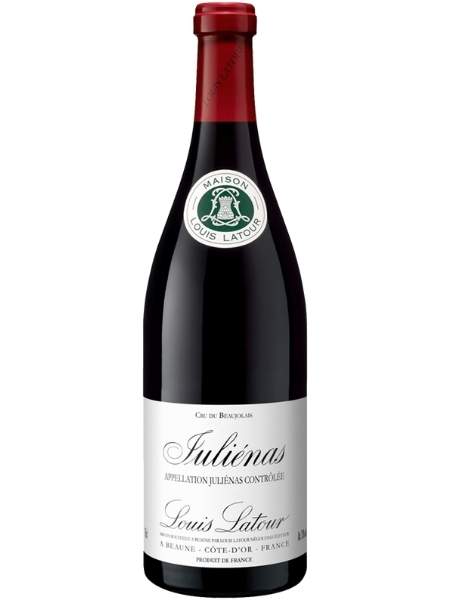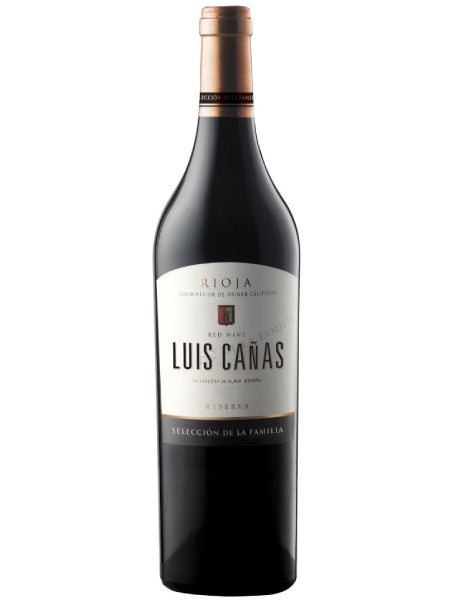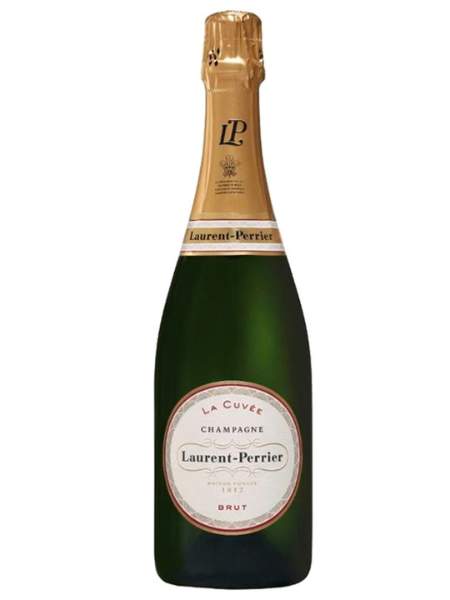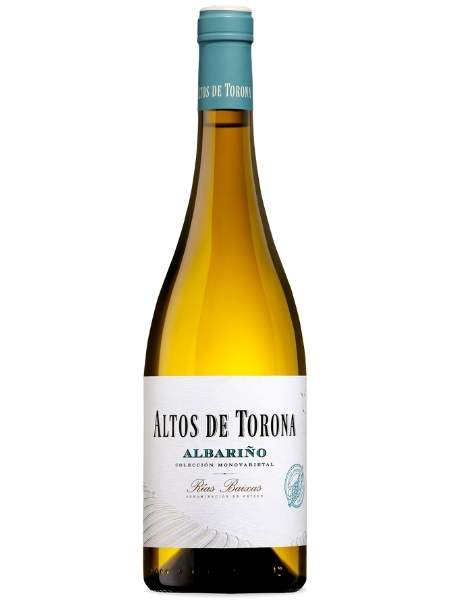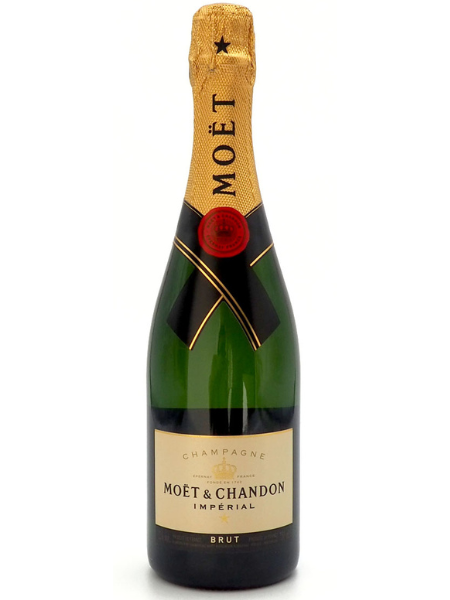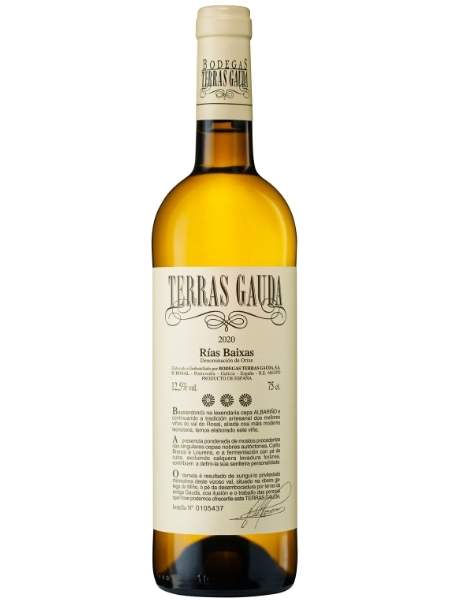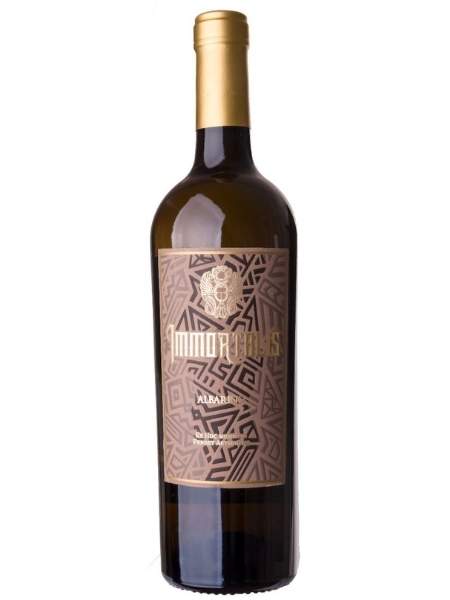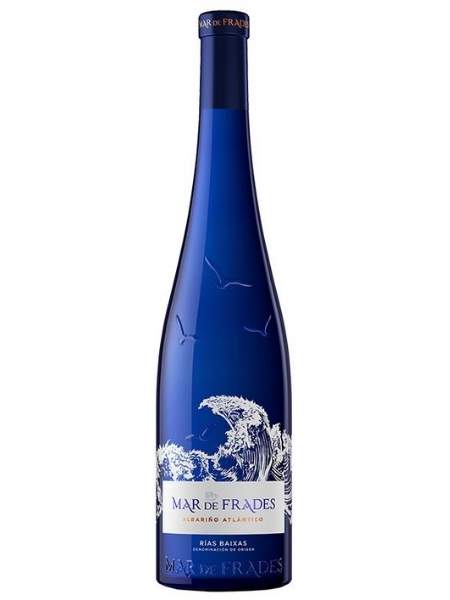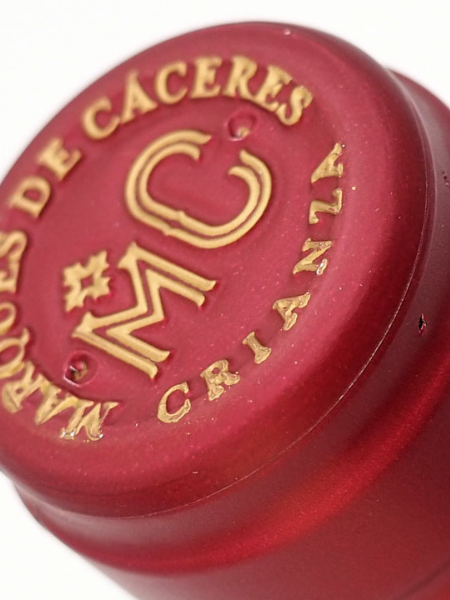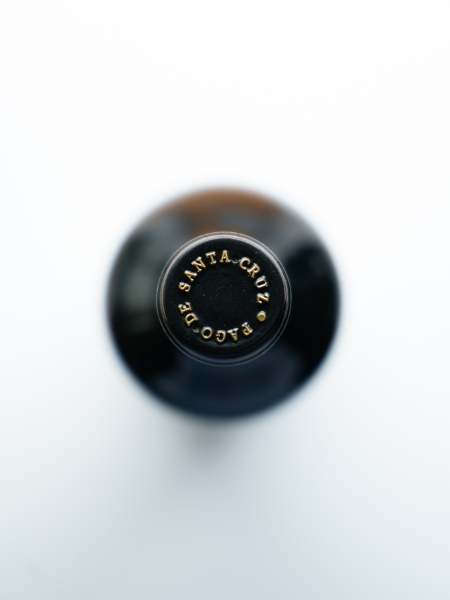
Is Rosé Wine Always Sweet? The Truth

Rosé wines have enjoyed a surge in popularity over recent years, becoming a favourite for summer picnics, beach outings, and elegant soirées. But despite its fame, there exists a common misconception that all rosé wines are sweet. Whether you're a seasoned wine enthusiast or new to the world of wine tasting, it's time we unravel the truth about the sweetness of rosé wines.
Understanding Rosé Wine
To appreciate rosé wine, it's critical to understand what makes it unique. Rosé wine is made from red grapes, but unlike red wine, the grape skins are only in contact with the juice for a short period – a few hours to a couple of days. This limited skin contact gives rosé its characteristic pink hue, ranging from a pale blush to a vibrant salmon. The winemaking process greatly influences the final taste profile of the wine, including its sweetness.
The Sweetness Spectrum of Rosé
When questioning is rosé sweet wine, it's essential to note that rosé can span the entire sweetness spectrum from bone-dry to sweet. Many of the most popular rosé wines actually fall towards the dryer end. Dry rosés, particularly those from regions such as Provence in France, are prized for their crisp, acidic, and fresh palate, with only a hint of natural fruitiness that may be perceived as sweetness.
Sweet rosé wines, often labelled as 'semi-sweet' or 'sweet', do exist, however. These wines undergo a different fermentation process where the conversion of sugar into alcohol is stopped earlier than in dry wine production, allowing for residual sugar to remain, contributing to a sweeter taste.
Notable Rosé Wine Styles
For those interested in exploring the range of rosé sweetness, here are some styles to consider:
-
Provence Rosé: Typically very dry, light, and refreshing with notes of red berry, citrus, and floral undertones.
-
White Zinfandel: Often a sweeter rosé due to higher residual sugar, exhibiting flavours like strawberry, melon, and candy.
- Pinot Noir Rosé: Usually dry with a medium body, showcasing red fruit and subtle earthy notes.
Wine Tasting Notes for Rosé
When participating in wine tasting sessions, use your senses to gauge sweetness levels:
-
Sight: A paler colour can sometimes indicate a drier wine, but this is not a hard and fast rule.
-
Smell: Dry rosé wines often have a more mineral and subtle fruit bouquet.
- Taste: Taste the wine for its fruitiness and pay attention to the aftertaste. A long, lingering sweet taste typically points to a higher sugar content.
Understanding the balance between acidity, tannins, and alcohol can also enhance your wine tasting experience. Even a dry rosé can taste sweet because of its fruity character and low tannin content compared to many red wines.
Conclusion
The question of are rosé wines sweet isn't answered with a simple 'yes' or 'no'. While some rosés are sweet, many are dry with varying degrees of fruitiness, which can be misinterpreted as sweetness. The best way to discover your preference is to try a range of rosé wines with different profiles.
For wine aficionados and lifestyle enthusiasts alike, rosé presents a world of tastes to explore. Be sure to include the right keywords like Rosé Wine, Sweet Wine, and Wine Tasting in your searches to discover the perfect bottle for your palate.
3 Tips to Remember
-
Don't judge a rosé by its colour: Its shade does not necessarily indicate sweetness.
-
Explore various regions: Different winemaking regions produce rosés with distinct characteristics.
- Trust your own palate: Personal taste is subjective – the best rosé for you is the one you enjoy the most.
Whether you're sipping a glass on a warm afternoon or pairing it with a meal, rosé wines offer a delightful experience for everyone. Remember, the discovery is in the tasting, so raise your glass and savour the nuances of this versatile wine category. Discover all the rose wine here! Cheers!






